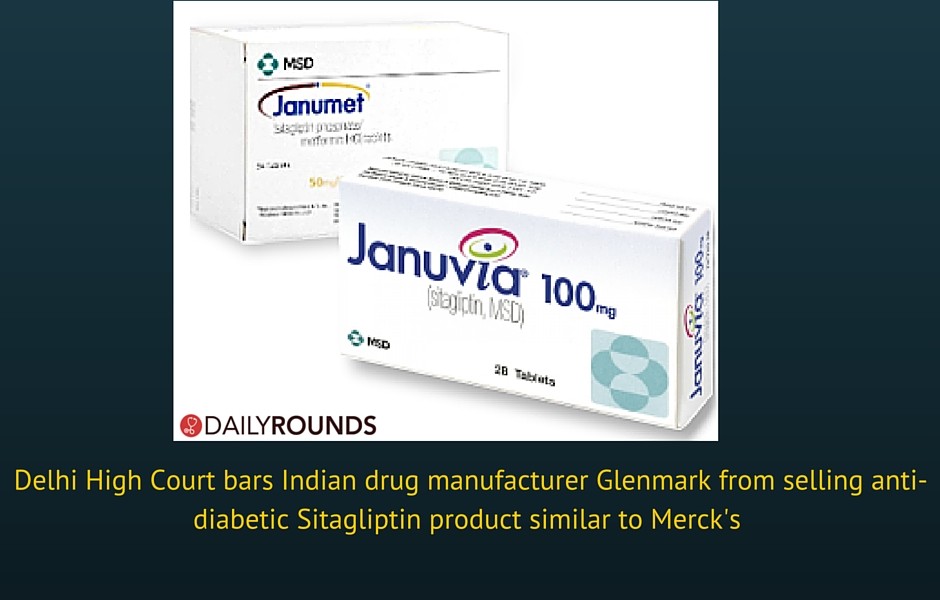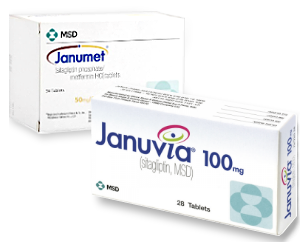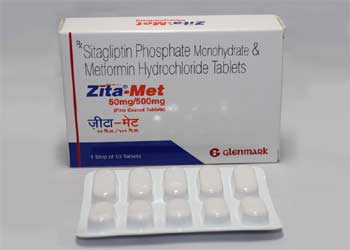
Delhi High Court bars Indian drug manufacturer Glenmark from selling anti-diabetic Sitagliptin product similar to Merck’s
Delhi High Court has restrained Gelenmark from making and marketing generic versions of Merck Sharp & Dhome (MSD)’s anti-diabetic drug Januvia (sitagliptin) and Janumet (combination of sitagliptin and metformin) by coming out with their own drugs containing the same salts.
The restrain on Gelnmark from making, using or selling, distributing, advertising, exporting, offering for sale comes as a result of patent infringement by Gelnmark on MSD’s sitagliptin products.

MSD is happy with the injunction order against Glenmark for the patent violation. In an email statement, MSD said it was pleased with the Delhi High Court’s decision on restraining Glenmark from making, using, selling, distributing, advertising, exporting, offering for sale or dealing in sitagliptin phosphate monohydrate (SPM) or any other salt of sitagliptin in any form, alone or in combination with one or more drugs.
The Delhi HC Order
As per the Delhi HC order “In view of the findings returned on the above referred issues defendant (Glenmark) is restrained by a decree of permanent injunction from making, using, selling, distributing, advertising, exporting, offering for sale or dealing in sitagliptin phosphate monohydrate (SPM) or any other salt of sitagliptin in any form, alone or in combination with one or more other drugs thereby infringing the suit patent no. 209816 of the plaintiffs (MSD).
Molecule sitagliptin was patented in various countries including India vide Indian Patent No. 209816, whereas international application was filed in USA with priority date July 6, 2001. Patent in India was granted in September 2007. The drug is used for treatment of type II diabetes. Sitagliptin was approved for sale in USA in October, 2006 and in Indian market in March 2008.
A result of recent Obama-Modi meeting in New York?
In light of this verdict,one cannot ignore the recent Obama-Modi meeting in New York and MSF’s (Médecins Sans Frontières) warning to not fold to US pressure, that would attempt to force India to change its intellectual property policies resulting in millions of people around the world losing their lifeline of affordable medicines.

India’s law sets the bar higher for what deserves a patent than other countries, filtering out patent applications that cover simple changes to existing pharmaceutical products, in the interest of public health. This has allowed the robust generic competition to continue that has, for example, resulted in the price of a basic HIV treatment combination dropping by 99% over the course of a decade, from over US$10,000 to around $100
In April 2013 the HC had allowed Glenmark to come out with its own versions, called Zita and Zita Met, at a 20% discount to MSD’s price of about 1,200 rupees per month.

The two drugs are among the top-selling diabetes treatments in India. At the time, the court’s decision was putting the country’s ‘patients before patents’. However, in yesterday’s monumental decision the court seems to move away from its previous stance in allowing Merck to dictate terms. Glenmark in a statement to the Bombay Stock Exchange (BSE) has said, “Glenmark accepts the Honourable High Court’s decision. However the decision can be appealed and Glenmark is evaluating the possible legal options.”
Only time will tell if the decision is going to stand or if Glenmark will be able to move the court to change its stance. This could very well create a blueprint for other U.S pharmaceutical firms to move the court and effectively stamp out Indian competition, resulting in higher priced drugs for patients.
Enjoyed reading this news story? For MORE medical discussions,image cases, MCQs and medical news download the DAILY ROUNDS app for FREE! at App Store or Play Store
Original Post: healthtechnology.in, moneycontrol.com
Image Credits: css.drugwatch.com, Wikipedia
Very shortly this web page will be famous
amid all blogging and site-building viewers, due to it’s nice
posts